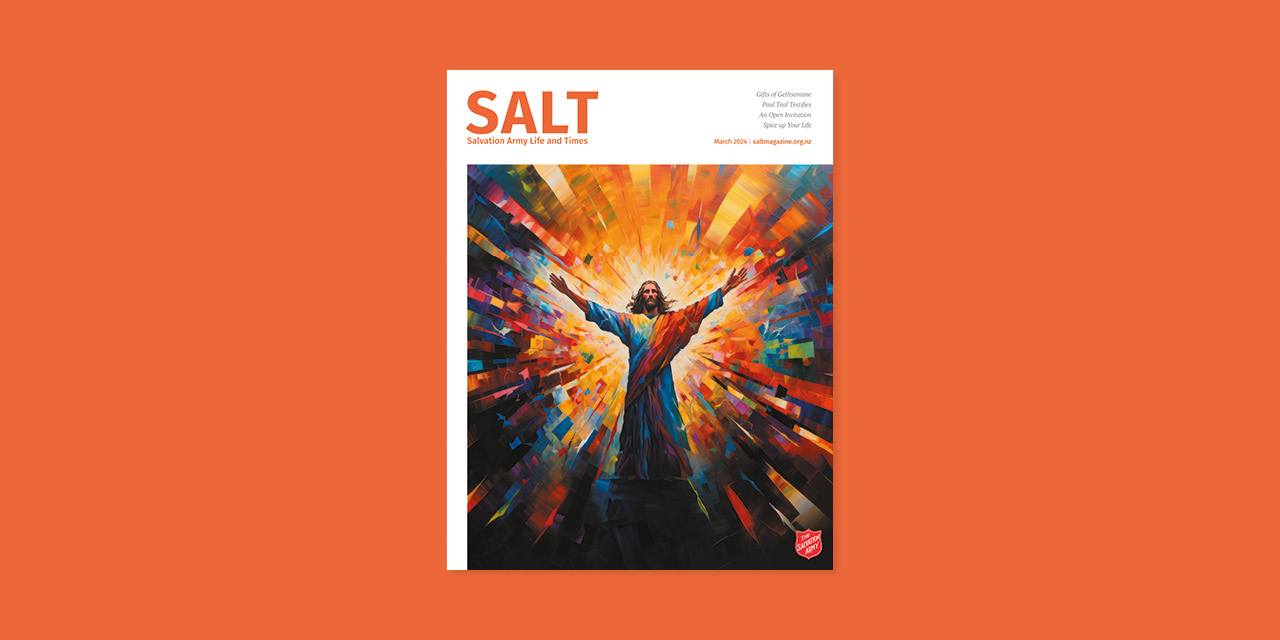
2 minute read
The Paradoxes of Easter
Woven throughout the Old Testament are over 300 prophecies that were fulfilled in the birth, life, death and resurrection of Jesus Christ. It is impossible that anyone else apart from Jesus could have fulfilled all of these requirements. From his unique lineage to the time of appearing and manner of death, Jesus exacted the plan of redemption. This assures us that Jesus will also fulfil the prophecies that predict his second coming.
Many of the 300 prophecies were fulfilled over the days before, during and after Passover— what we celebrate as Easter. We see the lead-up to the cross when Jesus arrived in Jerusalem by way of the Mount of Olives—alluding to the Zechariah 14 account of the second coming— when Jesus will return as king over all the earth. The crowd welcomed their hoped-for conquering king, with palm branches and robes being laid before him as he rode into Jerusalem; this same crowd who days later cried out, ‘Crucify Him, Crucify Him! This paradoxical nature of Easter, which calls us to lament the shadows and celebrate the triumphs, is reflective of the contrasts we experience in our own lives: sickness and health, light and darkness, life and death.
But the pinnacle triumph of Easter is how Jesus disrupted sin’s natural consequences and takes on his own body the punishment for our sin and our rejection of God. How majestic, eternal and all-powerful is Christ who suffered and died in our place, exactly as predicted hundreds of years before his death and resurrection.
In this edition of SALT, you will read and recognise the paradoxes of Easter: from the love expressed as Mary anointed Jesus in preparation for his burial (see page 26) to his abandonment by close friends in Gethsemane (see page 8) and his brutal crucifixion (see page 12). Also, over the next four weeks as you contemplate Easter, I hope you will take the time to work through the material prepared by The Salvation Army International Headquarters titled, ‘An Act of Kindness: 40 Days. 40 Acts.’ (see page 4), where you will be encouraged to reach out to your community with kindness and displays of love, care and generosity.










